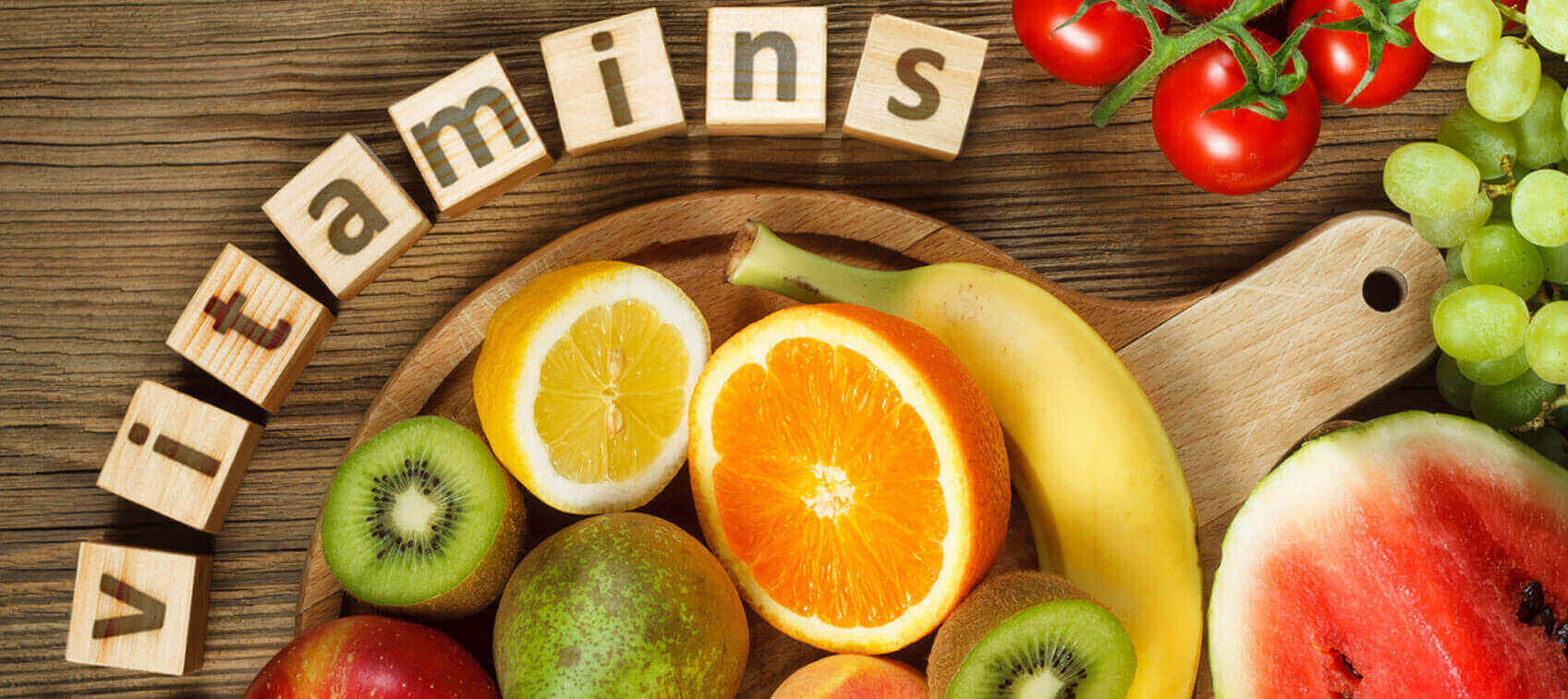
Naysayers may argue against nutritional supplements, but there is general agreement about the importance of multivitamins for vegetarians and vegans. You can get plenty of high-quality protein, fat, carbohydrates, and fiber from a plant-based diet. You also get a broad assortment of vitamins and minerals plus a plethora of health-enhancing phytonutrients.
However, vegetarian—and especially vegan—diets often fail to provide adequate amounts of several critical nutrients. The good news is that deficiencies can be easily avoided by taking a daily multivitamin and mineral supplement that supplies optimal levels of these nutrients.
B12: The Most Common Deficiency
Vitamin B12 is required for proper functioning of the nervous system and the production of red blood cells. Deficiencies are linked with confusion, memory loss, and depression—along with pernicious anemia, a condition marked by fatigue and weakness.
B12 is the single most common nutritional deficiency in people who eat a strict plant-based diet. Why? Because this vitamin is found exclusively in foods of animal origin. Meat, poultry, fish, and seafood are the richest sources, but eggs and dairy products, which are often included in vegetarian diets, also contain reasonable amounts.
Some claim that mushrooms, seaweed, chlorella, spirulina, and raw unwashed produce contain adequate amounts of vitamin B12, but this is not supported by research. You can get an array of vitamins and minerals, including B12, in fortified soy and almond milk, nutritional yeast, cereal, and other processed foods. Nevertheless, supplemental B12 is imperative. Recommended daily dose: 150 mcg.
3 Important Minerals that Are Tough to Get from Plants
Although plant foods contain the full gamut of minerals required for optimal health, vegetarians and vegans need to pay special attention to these three minerals:
- Iron. Beans, potatoes, tofu, nuts and seeds, fortified cereals, and other plant foods contain decent amounts of iron. However, it is a form called non-heme iron that is not very well absorbed. This doesn’t mean everyone who avoids meat needs supplemental iron, and too much iron has a decided downside. However, vegetarians and vegans—especially younger women who are at heightened risk of iron-deficiency anemia because of monthly blood loss—need to stay on top of their iron levels. Recommended daily dose: check with your doctor.
- Calcium. No, you don’t have to drink milk or eat dairy products to get enough calcium. Good plant sources include chickpeas, broccoli, and especially kale and other leafy greens, as well as calcium-fortified juices and plant milks. Nevertheless, nutrition surveys suggest that vegans often don’t get enough calcium and may have an increased risk of fracture. Recommended daily dose: 1,000 mg.
- Zinc. Zinc is present in whole grains, tofu, legumes, and nuts, albeit in relatively low amounts compared to animal products. Furthermore, the high phytate content of many plant-based diets limits the absorption of zinc and other minerals. This puts vegetarians and vegans at risk of suboptimal zinc status, which is associated with poor wound healing, hair loss, and other problems. Recommended daily dose: 30 mg.
I recommend taking your multivitamin in divided doses twice a day, preferably with meals. And unless you’ve been diagnosed with iron deficiency, avoid multivitamins with iron.
Nutrients You Need in Addition to Your Multivitamin
There are two additional supplements I recommend for most everyone, including vegans and vegetarians, in addition to your daily multivitamin:
- Omega-3 essential fatty acids. Flaxseed, chia, soybeans, walnuts, and other nuts and seeds contain omega-3s, specifically alpha-linolenic acid (ALA). However, ALA must be converted in the body to EPA and DHA to provide many of omega-3’s best-known benefits—such as supporting your heart, brain, joints, skin, and overall health. Unfortunately, that conversion is notoriously inefficient. As a result, vegans and vegetarians tend to have lower blood levels of EPA and DHA. Although most omega-3 supplements come from fish oil, marine algae-based vegan options are available. Recommended daily dose: 1,000 mg of EPA/DHA.
- Vitamin D. Your daily multivitamin will contain some vitamin D, but for most people it’s not enough to maintain a healthy blood level in the 50–80 ng/mL range. That generally requires additional vitamin D3, anywhere from 2,000 up to 5,000 IU or more per day. If you spend a lot of time in the sun, you may not need that much. Most Americans, however, have subpar vitamin D status. Recommended daily dose: check with your doctor.
A Final Word
People eat a vegetarian or vegan diet for admirable reasons. Many are motivated by the health benefits of a plant-based diet. Some are concerned about animal welfare or the adverse environmental impact of meat, dairy, and egg production. For others, avoiding animal foods is a religious or ethical decision.
Whatever the reason, remember that although these diets have a lot going for them, they require some special considerations to meet all your nutritional needs. With a little planning—and a daily multivitamin suitable for vegetarians and vegans—you’re covered.


